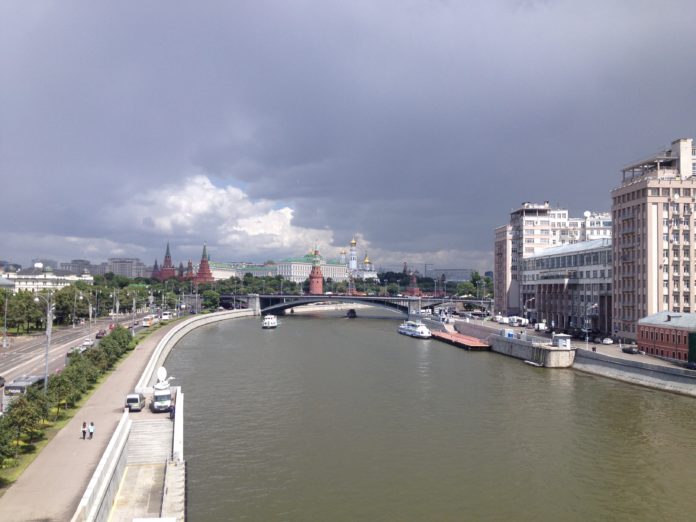
Sanctions and Brexit: A Brief Reflection
With the blatantly obvious now confirmed we know that the UK will leave the customs union to strike deals with countries across the globe. The direction of travel is global rather than national: Britain will leave the nest of the old world for the hornet’s nest of global trade.
As the UK steps out into the world it will need to look far and wide for trading partners given the low levels of goodwill in the continent of Europe. Deals with America, Australia, Canada and New Zealand will likely prove uncontroversial, built upon years of mostly excellent bilateral relations, however the UK government has already made it clear that it will seek relations with China and India as well as the Gulf states. In displaying willingness to engage with states with a less than perfect record on human rights, maintaining sanctions on Russia will seem increasingly absurd in time. China and the Gulf states are far from model ‘free societies’. In fact, they are arguably far less free than Russia and yet they remain prime candidates for free trade deals with the UK. Russian intervention in Crimea certainly did not show respect for the territorial integrity of Ukraine or legal norms, but neither does China’s own land grabs in its neighbourhood or its complete disrespect for two of Asia’s model free and open societies: Taiwan and Hong Kong. Can the UK government pursue such free trade deals and legitimately uphold sanctions on Russia?
This will be a key test for the UK Government and they point us to a wider question about the purpose of sanctions on Russia. Are they an expression of western disapproval for the irregular joining of Crimea to the Russian Federation – or were the sanctions also a cumulative response to frustration that Russia just simply was not doing as it was told? Indeed, western news coverage on Russia often focusses on differences in cultures and values, obsessively constructing a narrative of Russia’s role as an international pariah. Was it perhaps also thought that trade sanctions would increase coercive power over Russia? Given that this has been a resounding failure, with Russia now seeking to turn East and build relations with the large, growing economies of the world, it could well be time for a rethink – rather than double-think.
Rejects from the states party to the liberal (note: small ‘l’) consensus, another absurdity is that the UK and Russia find themselves in similar situations. Both are now looking for new trading partners across the globe. Pursuing apolitical free-trade is clearly the best option but it is unlikely in the current climate. Before we pursue a free trade deal with Qatar or Saudi Arabia perhaps it would be better to ease punitive sanctions on the Russian economy and allow Russian firms to refinance in the City of London in a mutually beneficial arrangement as part of a reset of UK-Russia relations. The EU Commission may well even seek to maintain the sanctions, effectively clearing the road for the City to profit from this huge industry – and jolly good too!
Nevertheless, removing trade sanctions on Russia also presents problems of its own. Dropping sanctions before a meaningful solution to the Ukraine crisis is found makes the UK look inconsistent and fickle in international affairs, given how vocally the UK has opposed Russian intervention in Eastern Ukraine and Crimea. Given that much of the UK’s prestige rests on its reputation for upholding legal norms, a radical change of course prompted by the political wind-change in the US would compromise the UK’s status as an independent actor.
As the UK looks further afield for new partners the government should certainly continue to be wary of Russia but concede that Russia is not a mortal enemy (nor a best friend). Britain’s new friends could be far worse.
Sue De Nymme



